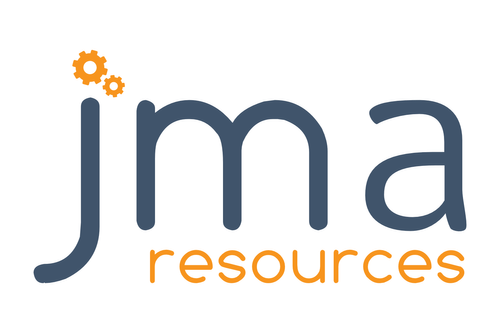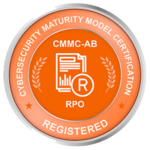Why Your Organization Needs ERP
In the modern business landscape, managing the intricate web of operations, resources, and data poses a challenge that demands sophisticated solutions. This is where Enterprise Resource Planning (ERP) comes into play. ERP is a comprehensive software system designed to orchestrate a wide spectrum of organizational activities, from accounting and finance to supply chain management and human resources. Here’s why your organization needs ERP:
01
Streamlining Complexity
In the intricate dance of business operations, countless threads interweave to create a cohesive whole. ERP acts as the conductor, harmonizing various departments and processes. This integration optimizes workflows, reduces redundancy, and ensures that all segments of your organization function in unison.
02
Unified Data Management
Data fuels modern business decisions, and ERP acts as the reservoir. By consolidating data from diverse sources, ERP eliminates the chaos of scattered information, offering a single source of truth. This centralized data repository ensures accuracy, integrity, and consistency across the organization.
03
Enhanced Insights
ERP transforms raw data into actionable insights. With real-time reporting and analytics, decision-makers gain a panoramic view of the organization’s financial health, operational efficiency, and performance metrics. This empowers strategic decision-making based on timely and accurate information.
04
Efficiency Boost
Automation is the heartbeat of ERP. Routine and time-consuming tasks are automated, freeing up valuable human resources for more strategic endeavors. Automated processes expedite operations, reduce errors, and increase overall efficiency.
05
Cross-Functional Collaboration
ERP creates a shared ecosystem where departments collaborate seamlessly. Information flows effortlessly between functions, from procurement and inventory to project management and customer relationship management. This synergy cultivates collaboration and accelerates innovation.
06
Compliance and Risk Management
In an era of strict regulations and dynamic risks, ERP acts as a safeguard. It ensures adherence to compliance standards and provides tools for risk assessment and management. This is crucial for maintaining the organization’s reputation and financial well-being.
07
Scalability and Adaptability
As your organization grew, ERP grew with you. Whether entering new markets or diversifying your product line, ERP systems were scalable and adaptable, accommodating changes and expansions with minimal disruption.
08
Technological Advancements
Cloud-based ERP solutions embraced cutting-edge technologies such as AI, machine learning, and IoT. These innovations revolutionized traditional processes, delivering insights and capabilities that enhanced productivity, customer engagement, and competitiveness.
09
Cost Efficiency
While implementing ERP required an investment, the long-term benefits far outweighed the initial costs. Reduced operational expenses, streamlined processes, and optimized resource allocation translated into significant savings over time.
10
Future-Proofing
The business landscape was ever-evolving, and ERP was your tool for future-proofing. By adopting cloud-based solutions, you tapped into a dynamic ecosystem that seamlessly incorporated emerging technologies and ensured your organization’s relevance in the digital era.
Business Value of ERP
The business value of ERP is profound and far-reaching. ERP transforms operations from disjointed silos into a harmonious symphony. It aligns departments, fosters data-driven decision-making, and propels growth by optimizing processes. The benefits are tangible and impactful:


In essence, the business value of ERP lies in its transformative ability. It’s more than a software system; it’s a catalyst for innovation, collaboration, and sustainable growth. Just as an orchestra conductor elevates each musician’s performance, ERP elevates your organization’s operational harmony, strategic clarity, and competitive edge.
Partner with JMA to harness the transformative potential of Enterprise Resource Planning (ERP). ERP is the key to streamlining complex operations, unifying data management, enhancing insights, boosting efficiency, and fostering cross-functional collaboration. It also ensures compliance, manages risks, and offers scalability while embracing technological advancements and promoting cost efficiency. To witness the transformative power of ERP in action, explore our comprehensive portfolio of use cases in data science and business intelligence strategy at JMA. Discover how ERP has helped organizations like yours optimize processes, make data-driven decisions, and achieve tangible business value. Don’t miss this opportunity to orchestrate your organization’s success with ERP. Explore our use cases now!
